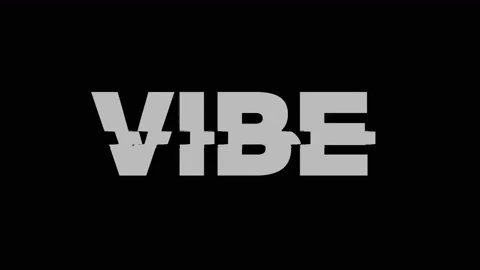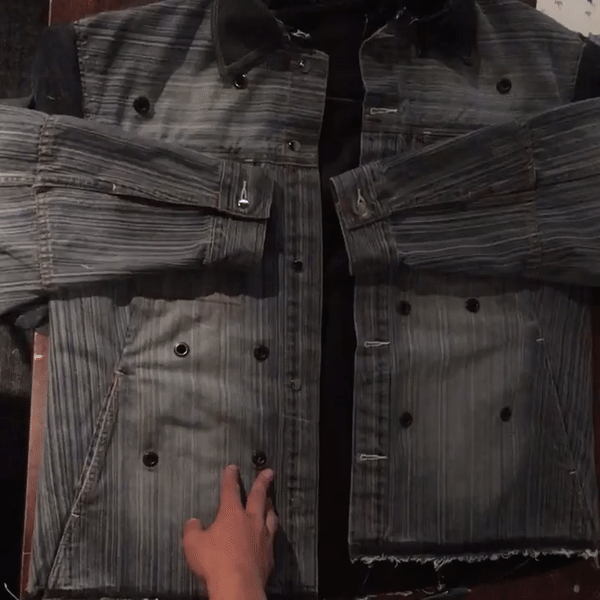
vibe haptic jacket
Robotics & Technology Use Project
+ Haptic jacket that complements wearers with vibrational tones to enhance how the deaf community feel music & sound.
2018

by creating a casual wearable jacket that gives visual stimulation and tactile feedback, the user can spend less time paying attention to the environment and more time doing what matters.
sensory substitution example – teeth
*research insights
deaf community
+ The deaf community is made up of various groups of people who have wide range of residual hearing.


residual hearing
+ Residual hearing means that those impacted can't hear sounds of a certain frequency that are below a certain volume.
cochlear implants
+ With 50 million people worldwide having deafness, the currently available solution is the cochlear implant.
+ The challenge is that it requires an invasive surgery and can be very expensive, and it doesn't work on everyone.

sensory substitution example – teeth
*absence/presence


125hz
1000hz
8000hz
audio spectrum
+ can sensory data be inputed through different sensory channels?
range of frequencies
+ 125hz – bass & drums
+ 1000hz – horns & vocals
+ 8000hz – harmonics
*please lower your audio volume before playing.
example: sine waves
source: Vox & David Eagleman
+ and can the brain learn to figure out the meaning of such information channels?

sensory substitution
+ Our brains do not know or care where the incoming data is coming from. in theory, this allows information from one sense to be fed into another sense.

expanding our senses
+ VIBE is about building a wearable, casual, smart jacket that communicates sound to the brain using the sense of touch. The prototype shows this will be powerful enough to give deaf individuals a new "sense" of hearing.
+ The research data shows that in order to interpret audio, it would take around 2-3 weeks long for someone to wear VIBE to be able to understand something.





*ideations






arduino/adafruit
+ By using a microphone chip, set of vibration motors, LEDs and a little coding magic, the prototype was able to feed external sounds into real-time visuals & vibrations




*prototyping testing



